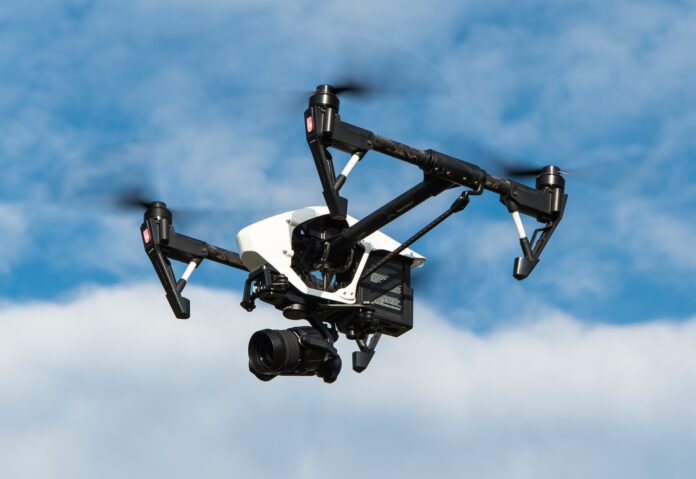Where delivery trucks and full-size cargo planes don't make much sense, drones: They may never deliver your burrito, but they could soon be indispensable for transporting emergency medicine and supplies. The Australian drone logistics company Swoop Aero is celebrating new milestones and funding as it plans to expand into more markets.
Swoop has been providing transportation and delivery of medical supplies (medications as well as laboratory samples) in southern Malawi, the Democratic Republic of the Congo and elsewhere for the past three years, and recently delivered its millionth item and completed its 20.000th flight.
This success has led to USAID awarding $1.5 million to Swoop, which will partly drive the expansion of the company to the rest of the country. That comes on top of a just-announced $10 million addition, from newcomer Levitate Capital, to its Serie B of $16 million earlier this year.
CEO Eric Peck said the company was formed when he, a former Air Force officer, met his co-founder, a robotics specialist, and they both wondered if autonomous planes could really find a role in the complex world of current logistics. Clearly the answer was yes, but the segment they found practical was not the urban one.
“The misconception is that we are going to replace all the trucks and cars; what it is really about is the integration of air transport into the logistics infrastructure that exists at the moment”Peck said. For a typical delivery provider serving a wide area, "If we make their 30 hardest-to-reach locations, we can cut the road miles they have to do in half."
They ended up designing and building their own aircraft from the ground up: a mid-size electric UAV that can cruise up to 100 miles with a 10-pound payload., land vertically, and use parts so easily interchangeable that it can be converted from cargo to a scientific or rescue vessel in a matter of minutes. They also run on off-grid power - solar and anything else that can be installed in a given location.
Swoop's strategy is to establish a presence on the ground and bring a number of aircraft online to meet a very specific need. “If you're the minister of a country, whether it's Austrialia or Malawi, you say 'we want to be able to do 300 high-priority deliveries a month.' Our goal is to reach a cost point, but also 10 times the level of service provided. As a hospital that receives a pickup once a month, we would do it every day. It can have a big impact,” Peck said.
Once they are in regular operation, the company can expand the fleet and diversify its customers and services. It turns out that there is a lot of latent demand for things like power line inspections, mapping and monitoring, wildfire tracking, and disaster response. Often something you need to charter a helicopter flight for can usually be done for a small fraction of the price with a drone.
The company has learned as it has grown: the aircraft itself has gone through five generations as they watched it in use and received customer feedback. And it's not entirely obvious how exactly one would go about building a public-private partnership drone subsidiary powered by state-of-the-art renewable energy in any country, let alone a dozen of them around the world.
“There is a lot to learn about how to implement a drone logistics point. Capital has been focused on R&D, learning how to implement at scale, how to build the plane at scale."Peck explained.
What they have come to is an 80/20 split between operating their own networks and leasing the plane to other operators. They learned to cut costs where necessary: landing zones are "typically one big QR code on the ground held down with sandbags" and being able to quickly and cheaply recharge and reuse planes has been key, hence the modular construction.
The company is now working with various partners, both private and government, to expand. Peck said they plan to raise a new round of $40 million to build ten new networks, including in the US, where regulations are strict. The plan will be to provide the technology to existing players first (think UPS and specialist medical transport companies, etc.), but it's clear that the needs of countries around the world are fundamentally similar.




